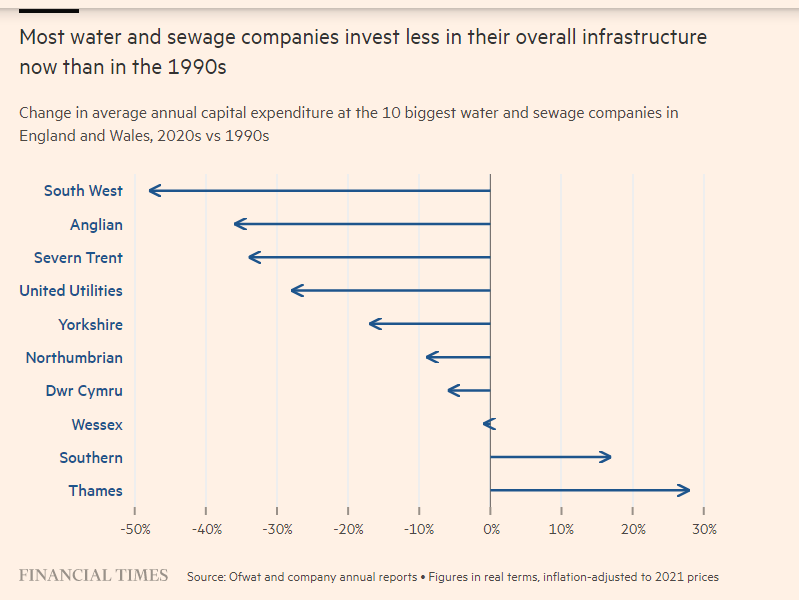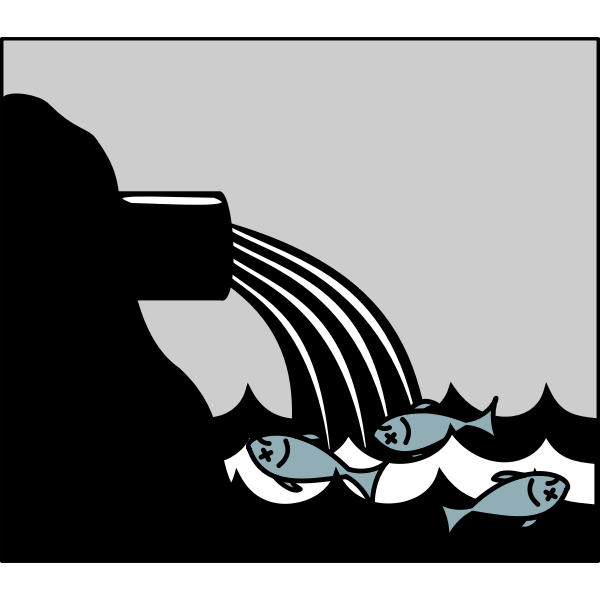“However, there remains much for the sector to do.”
.
‘Green infrastructure’ can be seen to cover a multitude of “ingredients” for solving urban and climatic challenges by building with nature:
Green infrastructure | en.wikipedia.org
In particular, it can be seen to cover ‘blue-green infrastructure’:
By relying on plants, soil, and natural systems to manage rainfall runoff, green infrastructure tackles urban water woes and boosts climate resilience.
Green Infrastructure: How to Manage Water in a Sustainable Way | nrdc.org
Natural England has just launched its Green Infrastructure Framework:
The Framework provides an England-wide evidence base to help local authorities and others target Green Infrastructure improvements where they are most needed – a vital step in improving access to nature. It is important for health and wellbeing, air quality, nature recovery and for delivering net zero targets, as well as for adapting to climate change by providing urban cooling and reducing flood risk.
The Green Infrastructure Framework for England | thegpsc.org
Meanwhile, South West Water have been investing in ‘green infrastructure’:
Our Upstream Thinking project is an multi-award-winning catchment management scheme which applies natural landscape-scale solutions to improve water quality and supply.
Upstream Thinking | southwestwater.co.uk
Susan Davy, Pennon’s Chief Executive Officer said: “Our Green Recovery proposals are focused on opportunities to make an even bigger environmental and societal contribution to the South West for the longer term than we already do today. Alongside our current business plan, we are confident in the delivery of these initiatives which will see much needed green investment across our region.”
South West Water Green Recovery investment creating 500 new jobs | southwestwater.co.uk

The only problem is that it is not investing enough, as reported in today’s FT:
Britain’s water and sewage companies have slashed investment in critical infrastructure by up to a fifth in the 30 years since they were privatised, according to new research that will stoke criticism over pollution and service failures.
South West Water, which serves 1.6m people in Devon and Cornwall, has reduced spending by 48 per cent since the 1990s, the research showed. South West said: “Having invested £9bn across our infrastructure and treatment works, our analysis shows we have some of the best waters in Europe, this year achieving the highest ever bathing water quality at 100 per cent across the south-west compared to [about] 28 per cent in 1991.”
Ofwat pointed to an increase in operational expenditure — including on green infrastructure, sustainable drainage, maintenance and staffing — which has increased from £3.9bn to £5.6bn over the 30-year period... “However, there remains much for the sector to do.“
England’s water groups slashed investment in sewage network in recent decades | ft.com

In September, it was noted that South West Water’s parent company “praises resilient operational performance as regions experiences population increase”:
Pennon sees revenue growth as pandemic hikes demand for water | business-live.co.uk
After all, the group needs a lot of capital if it is to continue its programme of acquisitions – as today’s news points out:
Pennon Group to offer undertakings to British regulator in Bristol Water deal | reuters.com
And it’s doing quite well consequently:
In November 2021, Pennon reported a £90.4m pre-tax profit for the past six months – a 4.3%% hike on the same period in Covid-hit 2020 – partly thanks to its acquisition of Bristol Water.
Pennon sets out to address CMA concerns over £425m Bristol Water deal | business-live.co.uk
But that’s alright:
Water profits surge even as leaks and spills wash away public trust | guardian.com